Do’s And Don’ts: The 18 Unwritten Rules Of Chinese New Year
 Thirsty for JUICE content? Quench your cravings on our Instagram, TikTok and WhatsApp
Thirsty for JUICE content? Quench your cravings on our Instagram, TikTok and WhatsApp

Chinese New Year is a celebration marked by age-old traditions and customs. Similar to many other religious holidays, this auspicious occasion comes with a set of do’s and don’ts, each grounded in cultural beliefs aimed at ensuring a prosperous and harmonious year ahead.
Here are some you can take note of this festive season:

1. Avoid Medication On The First Day
One prevalent practice is abstaining from taking medicine on the first day. It is believed that preparing herbal remedies or consuming medication on this day may lead to illness throughout the entire year.
Meanwhile, breaking a medicine pot after entering the new year is thought to ward off illnesses for the upcoming year.
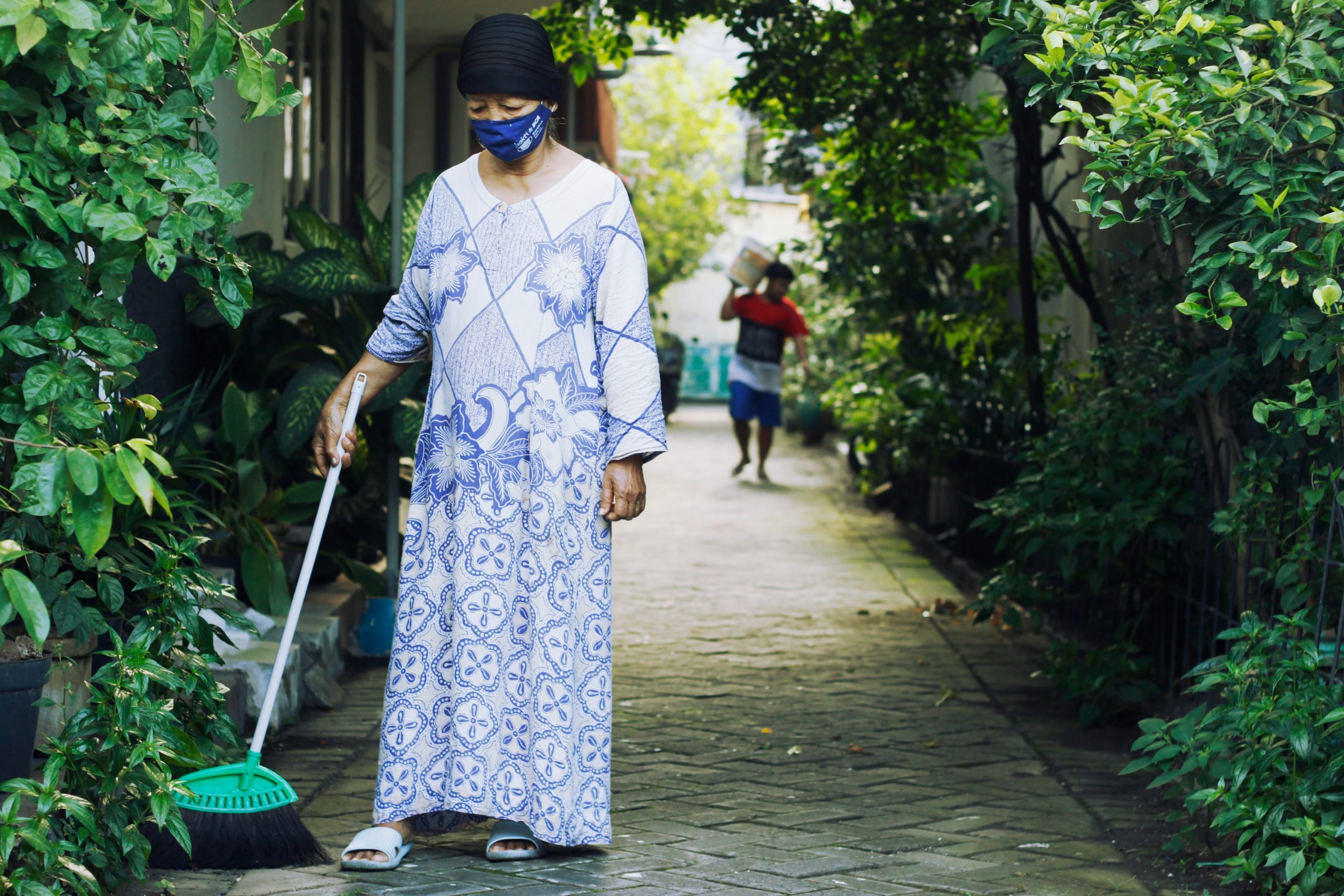
2. Refrain From Sweeping Or Discarding Trash
The act of sweeping or throwing away trash is discouraged during this festive season. Symbolically, it is believed to sweep away good luck and fortune.

3. Watch Your Words
Uttering negative words related to death, sickness, poverty, or ghosts is strongly discouraged. Instead, employing euphemisms like “someone is no longer with us” when discussing death is considered more favourable.

4. Skip Congee And Meat For Breakfast
Consuming porridge and meat for breakfast is frowned upon, as porridge is associated with poverty. Additionally, refraining from meat is a sign of respect for the gods, who are believed to be against the killing of animals.
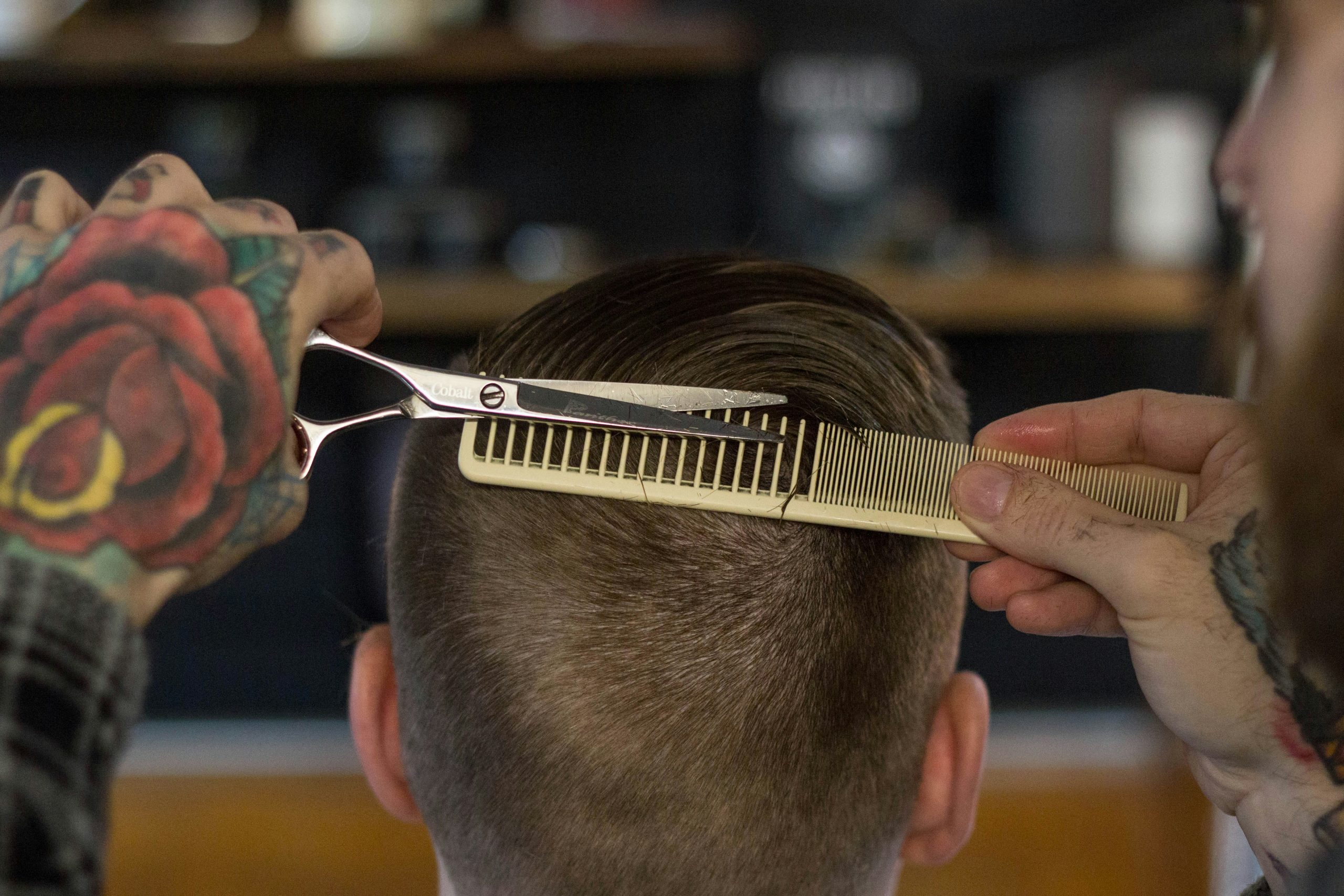
5. Steer Clear Of Haircuts And Washing Hair On The First Day
In Mandarin, the pronunciation and symbolism of the word for hair (fa) align with becoming wealthy (facai). Thus, washing one’s hair is seen as washing away luck. Cutting hair is believed to bring misfortune to one’s paternal relatives so getting a new hairstyle just before the New Year has become increasingly popular. Hairstylists are usually fully booked a week before CNY.

6. Avoid Washing Clothes On The First And Second Days
The first two days are considered the birthdays of the water deity. Washing clothes is deemed disrespectful to this deity, as water is symbolised as wealth. Thus, washing clothes is akin to pouring away one’s wealth.
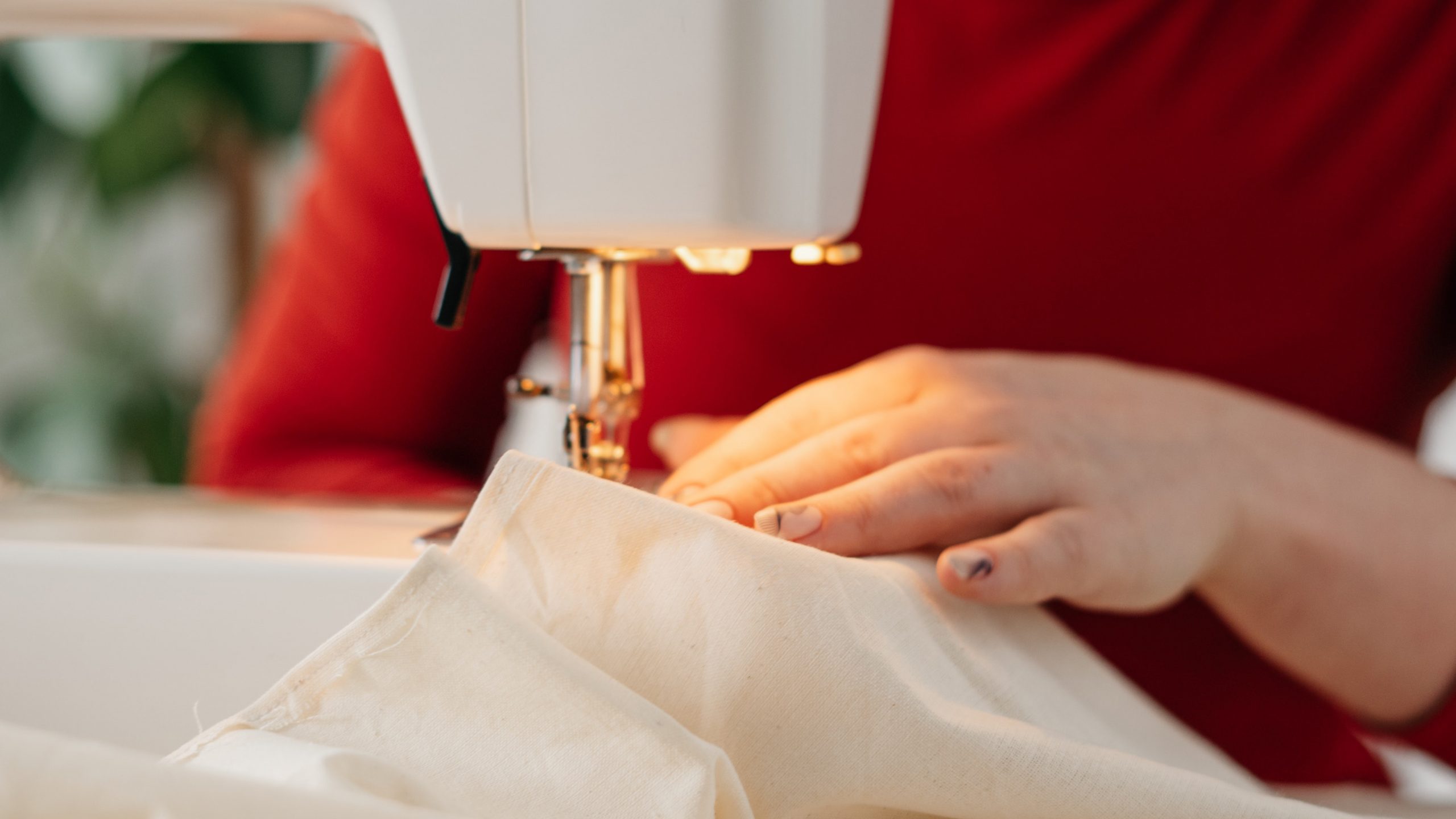
7. Sewing Is Prohibited From The First To Fifth Day
In ancient times, women refrained from sewing during this period. There was a fear that excessive sewing might bring hardship in the following year.
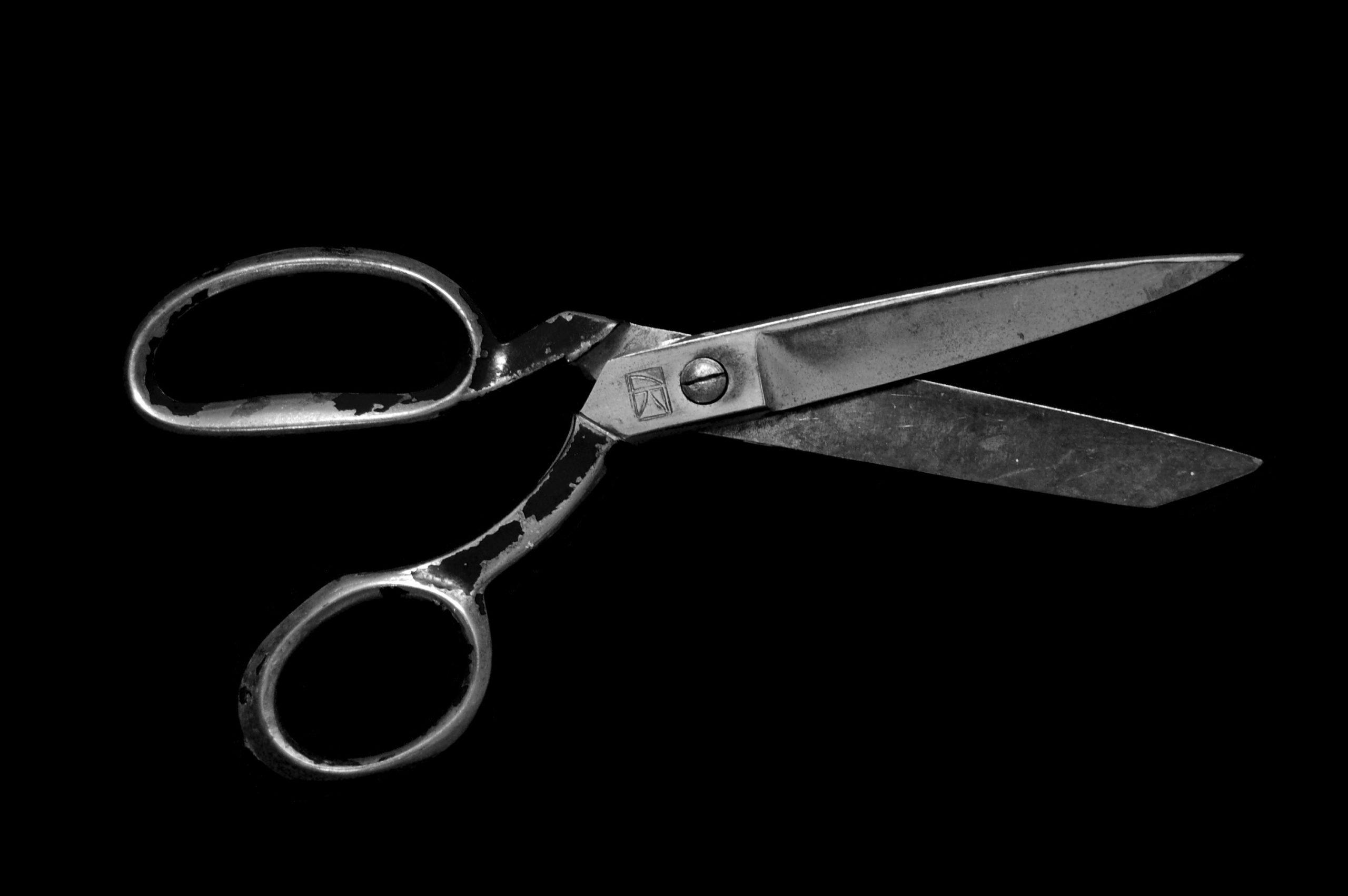
8. No Scissors Or Knives On The First Day
Using scissors on the first day is thought to provoke arguments, while using knives is believed to bring about accidents. Both are considered to invite unfavourable events in the future.

9. Give Red Envelopes With Cash In Even Numbers
When giving red envelopes (angpau), it is advised to include money in even amounts. Odd numbers are associated with bad luck, while even numbers are believed to bring double prosperity.
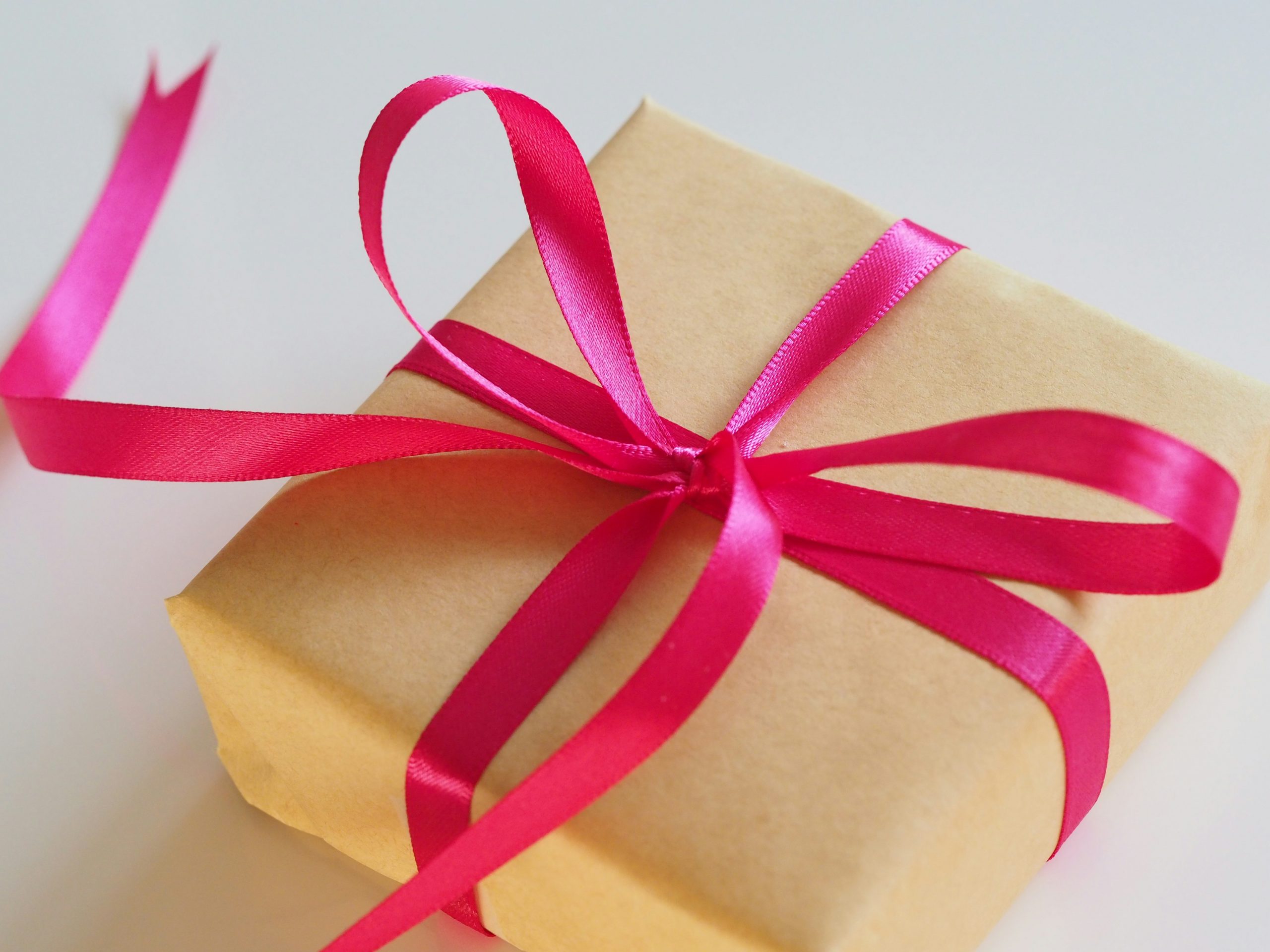
10. Avoid Certain Gifts
Steer clear of gifting items with negative connotations, such as clocks (symbolising bad luck), scissors (representing the severing of relationships), shoes (associated with wrongdoings), floral arrangements (commonly presented at funerals), or scented candles (linked to the deceased).
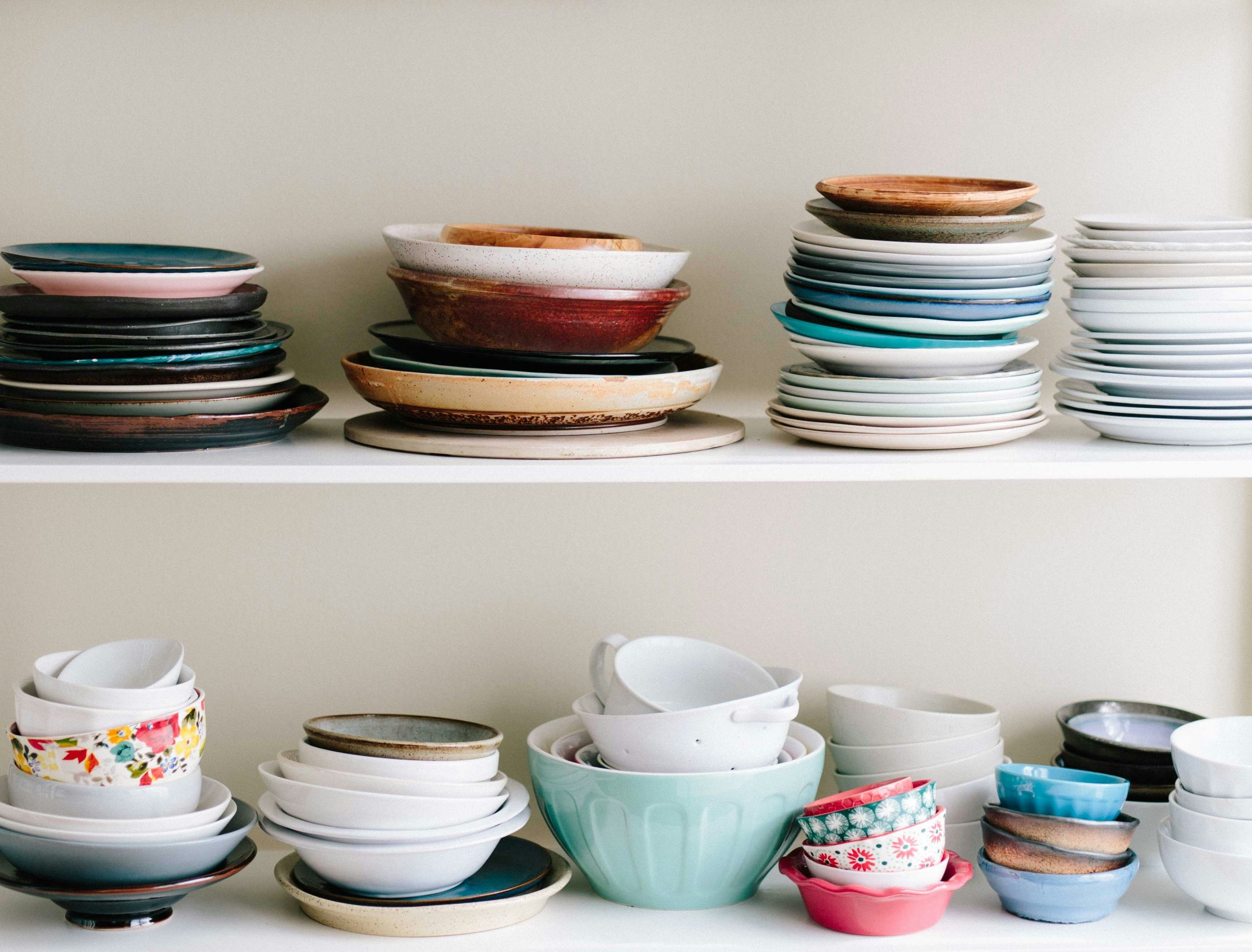
11. Avoid Breaking Dishes And Utensils
Breaking dishes or utensils is considered inauspicious, signifying financial loss or family rifts. If accidentally broken, using red paper to wrap the fragments while saying “sui sui ping’an” (meaning “safe and sound throughout the year”) is a traditional remedy.

12. Wives Shouldn’t Visit Their Parents On The First Day
It is believed that a wife visiting her parents on the first day may bring misfortune to her parents, leading to potential economic troubles. Typically, married daughters make their visits on the second day.

13. Discourage Children’s Tears
Children’s tears are believed to bring misfortune to the family during this time. Efforts are made to keep the atmosphere joyful and positive.

14. Avoid Hospital Visits
With the exception of emergencies, hospital visits are discouraged during this period to prevent the spread of illness to visitors.

15. No Borrowing Or Lending Money
Borrowing or lending money is a strict no-no on Chinese New Year. All debts are expected to be settled before the festivities begin, and pursuing debts during this time is said to bring misfortune throughout the year.
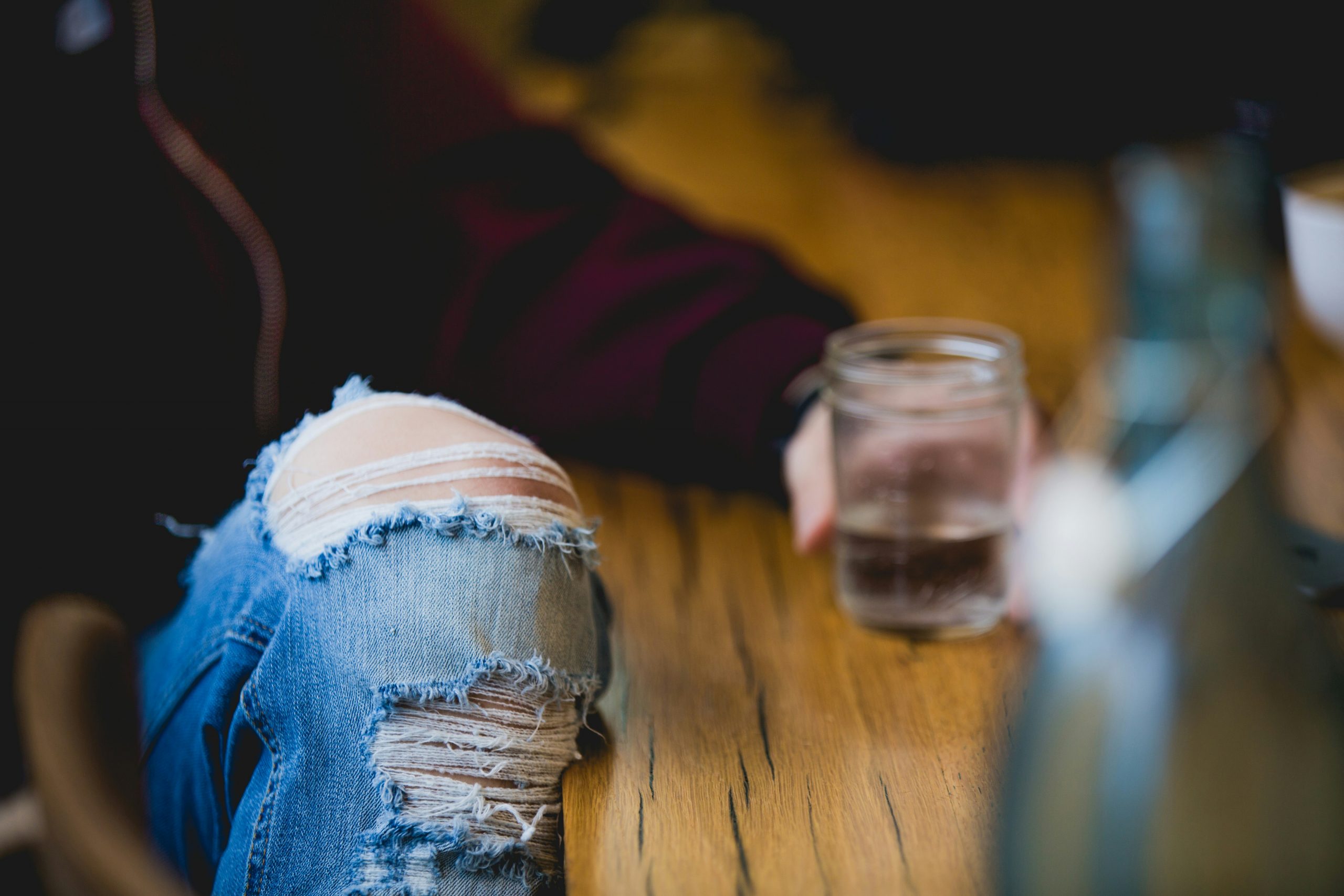
16. Refrain From Wearing Damaged Clothing
Wearing damaged or tattered clothing is believed to attract bad luck. Donning fresh and intact garments is considered more auspicious.

17. Say No To Black Or White Attire
In traditional beliefs, black and white are associated with mourning. During Chinese New Year, red is the preferred colour as it symbolises good luck and prosperity.

18. Steer Clear Of Intentional Bloodshed
From the first day to the fifteenth, any form of killing or slaughter is discouraged. The presence of blood is seen as an ill omen, and animals are prepared before the New Year to avoid the need for such activities during the celebration.
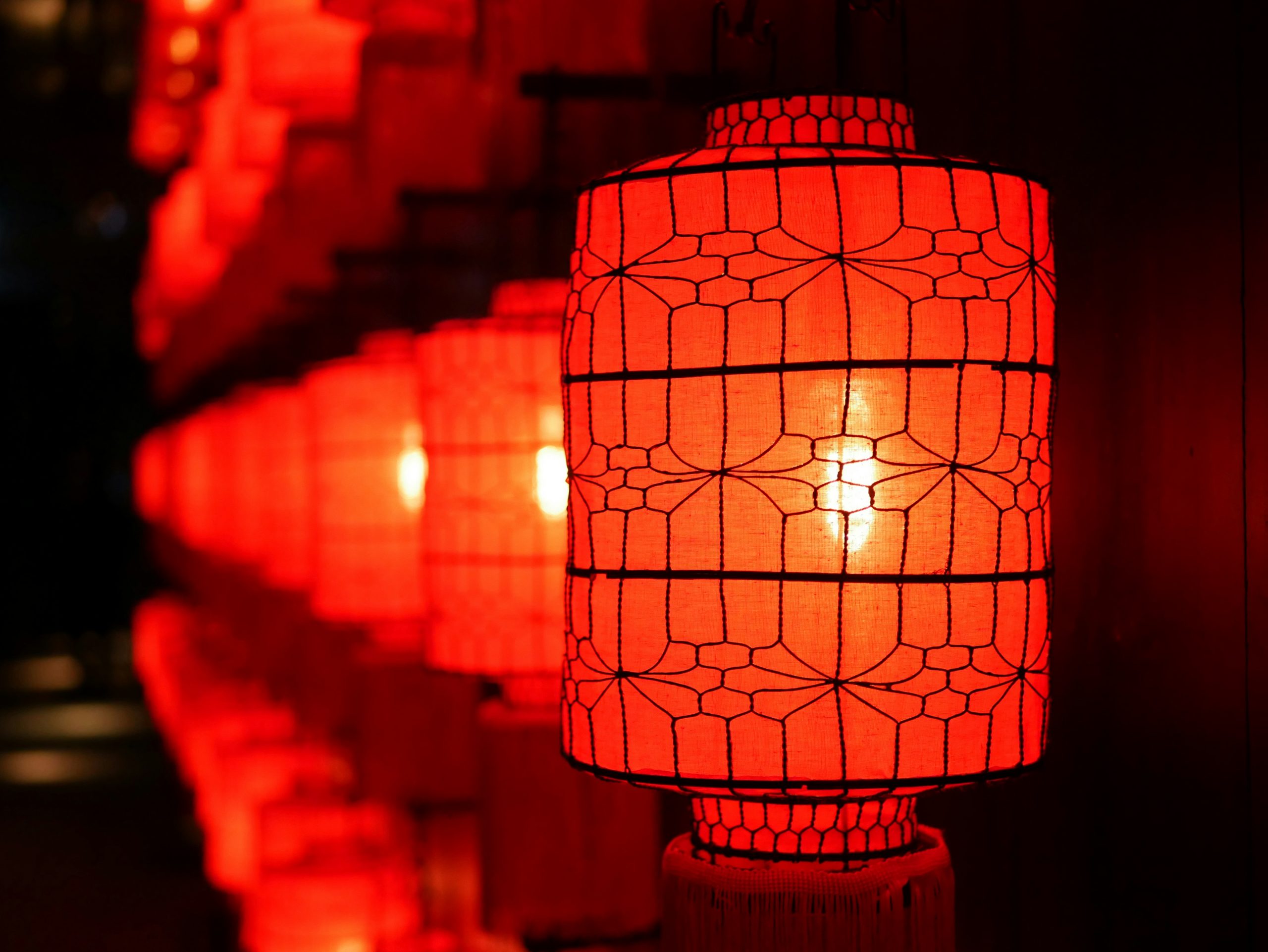
They may be challenging to remember, but these customs, handed down through generations, bring a special depth to the celebration – creating a sense of togetherness and goodwill.
What you can do is revel in the joy of your favourite air kotak and take our super cute personality quiz to find out which Chinese New Year snack you embody the most.
Gong Xi Fa Cai from JUICE! ❤️
Cover image via Humphrey Muleba on Unsplash

 Get Audio+
Get Audio+ Hot FM
Hot FM Kool 101
Kool 101 Eight FM
Eight FM Fly FM
Fly FM Molek FM
Molek FM

